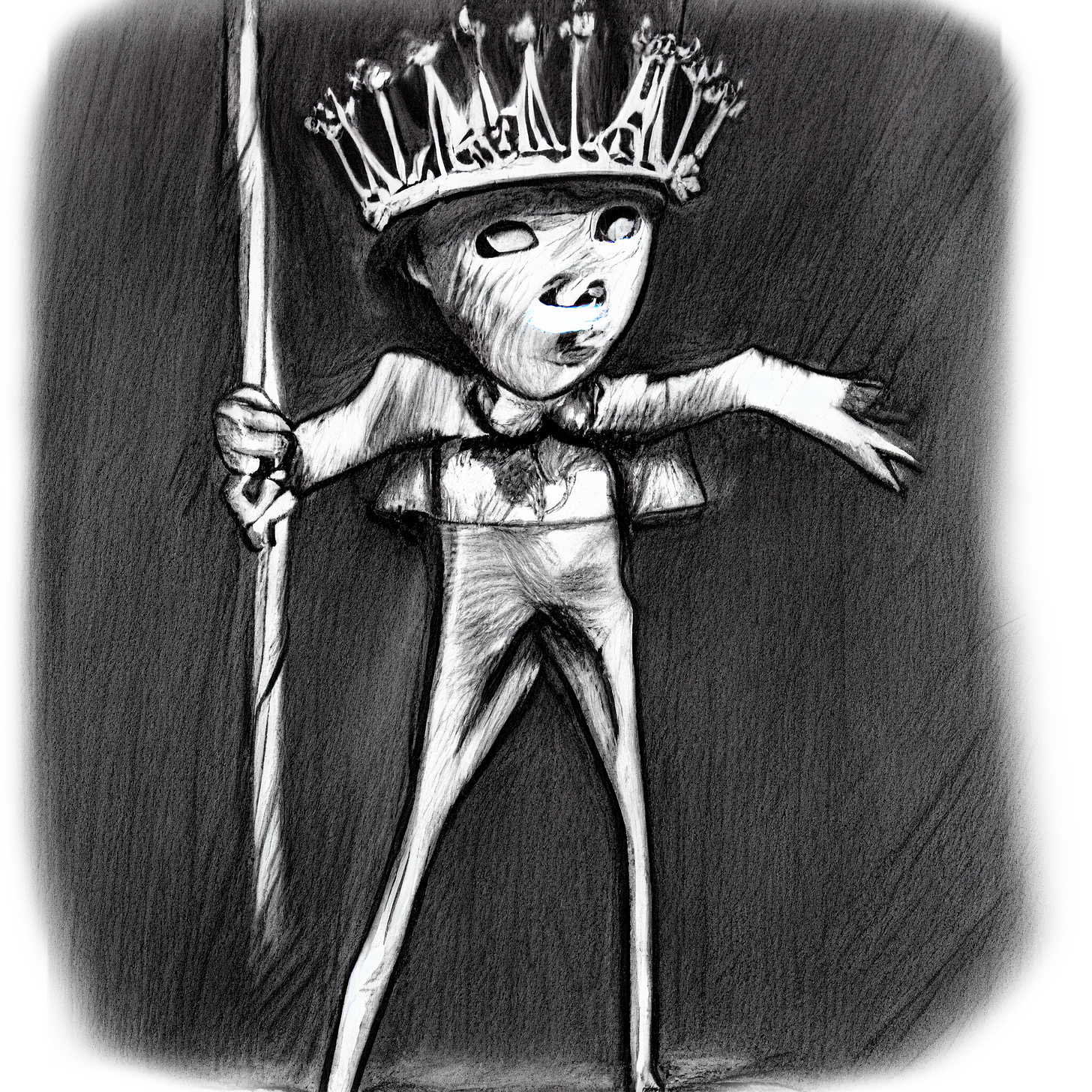This essay appears in Issue 2 of the Mars Review of Books. Visit the MRB store here.
Lapvona: A Novel
by Ottessa Moshfegh
Penguin Press, 320 pp., $17.79
Fiction has a lot of work to do these days precisely because there is so little left to do. The nooks and crannies of the imagination are full of other stuff—and the very stuff of language is typically deployed for other purposes: advertising and marketing, hot takes, sports talk, politics. We experience more written content—the brain is saturated—but less well-written content. In the efflorescence of word-content, the poetic core of language shrinks to nullity. Imaginative writers labor within these conditions. Writers must grapple with the dual anxiety of influence and of declining cognitive market share. When a book somehow manages simultaneously to recapture our imaginations and to claim its place in the tradition, it’s a beautiful thing; but when it fails, the failure is increasingly painful: a token of our declining literacy and meager passions.




